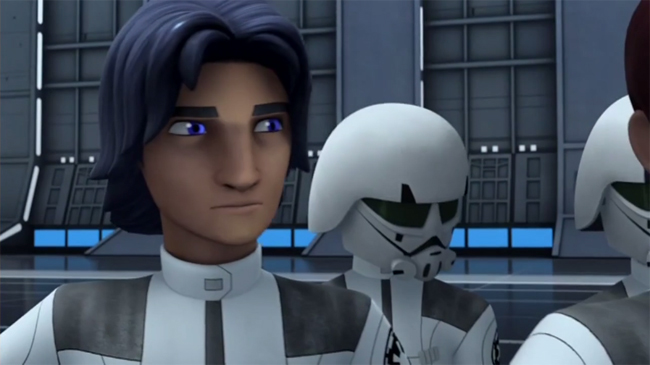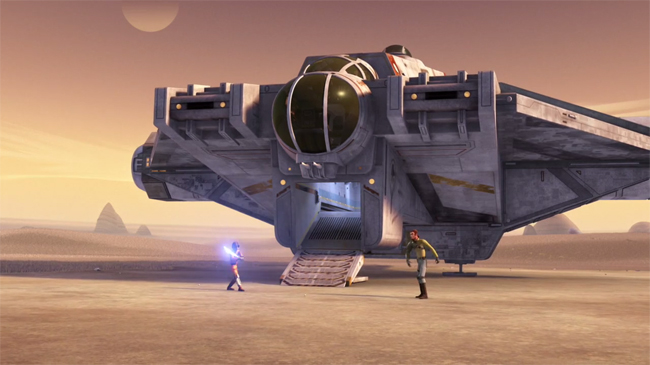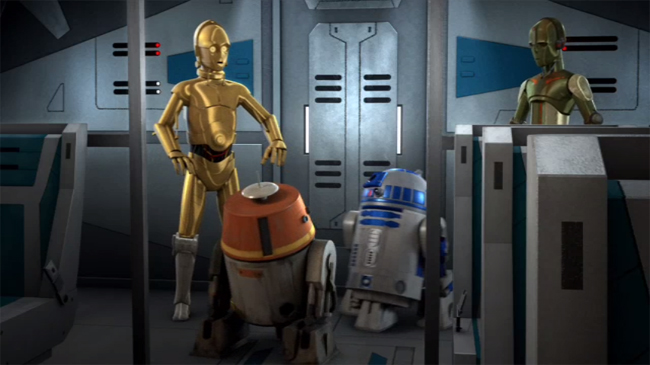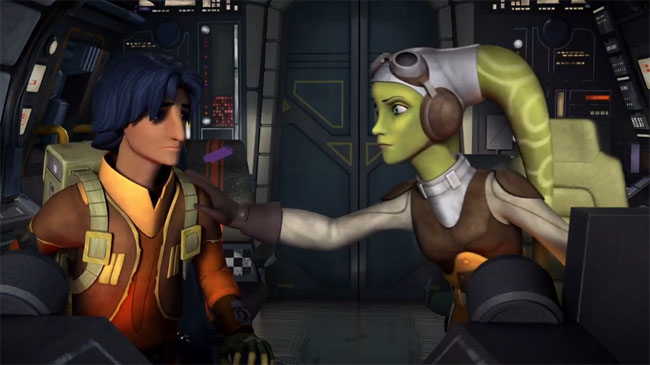
Ben: Noble intentions are traditionally what differentiate the “good guys” from the “bad”. The heroes of a story are altruistic, working for the good of others, while the villains are selfish, working only for themselves. Protagonists look out for their friends, families, comrades in arms. Antagonists carve a swath through whoever stands in the way of their goals.
But this sort of binary story structure is often deconstructed with a simple scenario: a hero is placed in a position where, to do the greatest good for the largest number of people, they must do something they would not normally do. Something morally questionable, or even outright against their morals or beliefs, but something that would protect others, stop conflicts, save lives, the examples go on and on. The drama lies in how the hero deals with this sort of problem, either taking the moral high ground and living with the ultimate outcome, or doing what they deem necessary and having to live with their conscience. Read More




